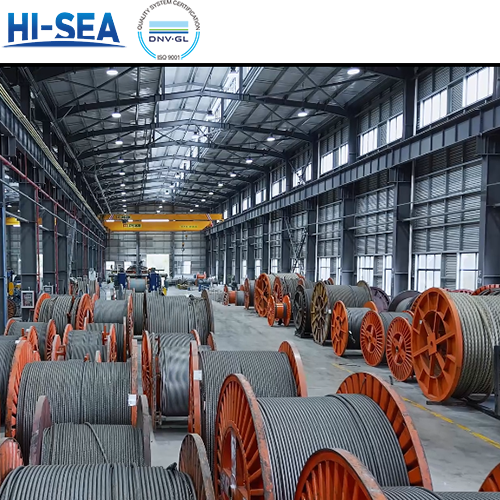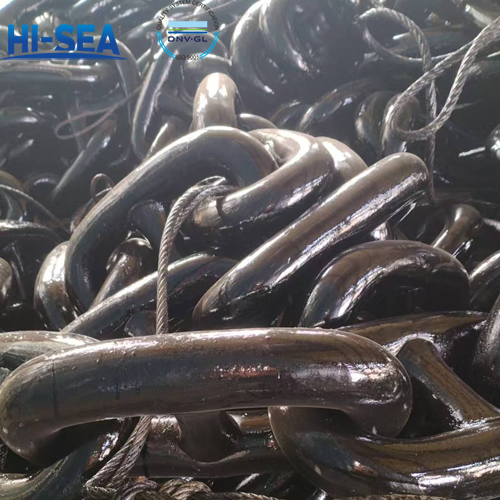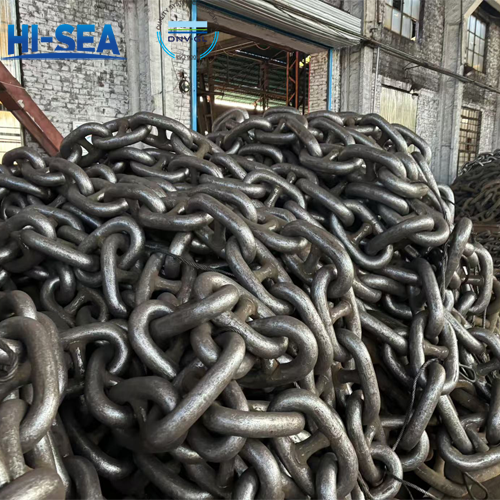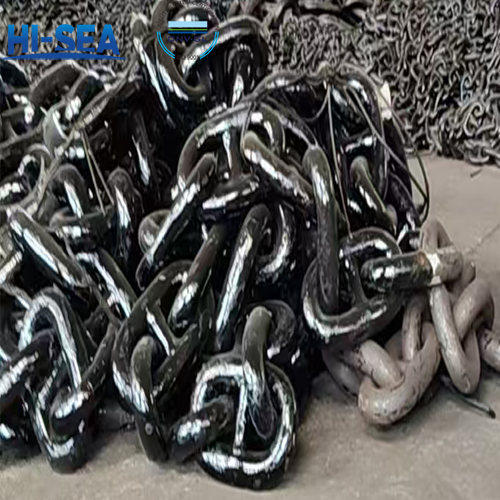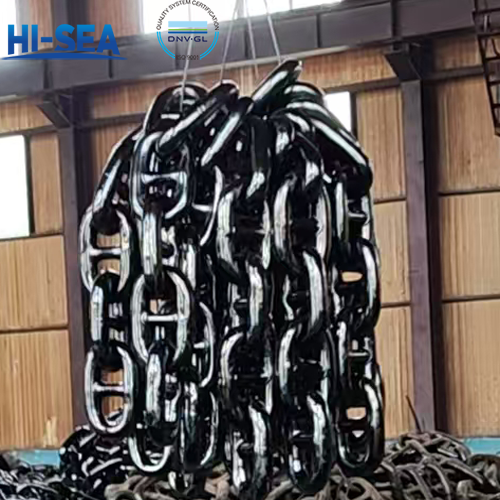
How to choose offshore mooring steel wire rope?
Offshore mooring steel wire rope is divided into mobile mooring steel wire rope and long term mooring steel wire rope. Mobile mooring refers to mooring at a specific location for no more than 5 years. Long-term mooring refers to mooring at the same location for more than 5 years. The diameter range of the offshore mooring steel wire rope is usually between 52mm-160mm.
Overview
Mooring wire rope selection guide
Material
High quality, high tensile, drawn galvanised wire is recommended for wire mooring lines. If using other materials, consideration should be given to intended use,compatibility with interfacing equipment and maintenance. Other steel materials and processing methods may include high carbon steel, ungalvanised steel, stainless steel, zinc coatings and hot dip galvanising.
Long term mooring usually uses single strand wire rope and full-lock coil wire ropes
Single-strand wire rope and full-lock coil wire ropes their structures both have large metal cross-sectional areas. That provide a high tensile strength-to-diameter ratio and torque balance at high axial stiffness and tension. Compared with ordinary wire rope, the difficulty of seawater entering the center of the wire rope of these two structures is much higher. And their are more suitable for coating plastic to improve corrosion resistance. In the steel wire rope of the above two structures, the full-lock coil wire rope has a closed surface contact design(such as Z shaped wire), with a nearly cylindrical surface. It has higher wear resistance than a single wire rope. However, the full-lock coil wire rope requires special care in operation and installation, because it requires a larger bending radius than other structural wire ropes.
Mobile mooring usually uses 6-strand wire rope
In offshore mooring systems, 6-strand wire rope are expendable and need to be replaced every few years.
The main contents to be confirmed when ordering:
a. application and usage
b. product name
c. standard
d. construction
e. nominal diameter
f. wire rope grade
g. core type
h. lay
i. surface condition (coating)
j. quantity (length, number of reels, weight)
k. lubrication requirements (grease coating conditions and grease types of ropes and strands)
l. other specific requirements
Offshore mooring steel wire rope are divided into multi-strand wire ropes, single-strand wire ropes and full-lock coil wire ropes according to their structures. Typical categories are shown in Table 1~Table 3 respectively.
Table 1 Multi-Strand Wire Rope
Typical Class (excluding core) | Steel Wire Rope | Outer Strand | |||||
Strands | Outer Strands | Layers of Strands | Wires | Outer Wires | Layers of Wires | Type of Rope Lay | |
6×36 | 6 | 6 | 1 | 29~57 | 12~18 | 2~3 | Parallel lay |
6×61 | 61~85 | 18~24 | 3~4 | ||||
6×61N | 47~61 | 20~24 | 3~4 | Multiple operation compound lay | |||
6×91N | 85~109 | 24~36 | 4~6 | ||||
Table 2 Single-Strand Wire Rope
Class | Wires | Outer Wires | Layers of Wires |
1×127 | 115~143 | 35~40 | 6~7 |
1×169 | 126~163 | 40~50 | 7~8 |
1×217 | 132~210 | 45~60 | 8~9 |
1×271 | 140~244 | 50~70 | 9~10 |
1×331 | 156~265 | 55~80 | 10~11 |
1×397~1×547 | >358 | >96 | >11 |
Table 3 Full-Lock Coil Wire Rope
Typical Class | Layers of Z Shaped Wire |
three layers of full-lock coil wire | three layers |
four layers of full-lock coil wire | four layers |
five layers of full-lock coil wire | five layers |
multi layers of full-lock coil wire | multi layers |
Remark: Other types of construction (such as 8-strand steel wire rope, compacted strand wire rope, etc.) can also be used by agreement between the supply and demand parties.

